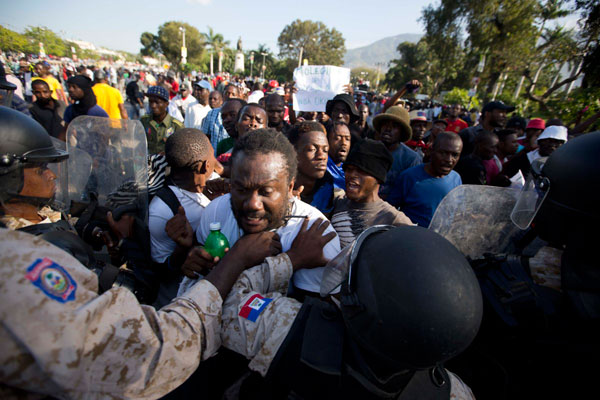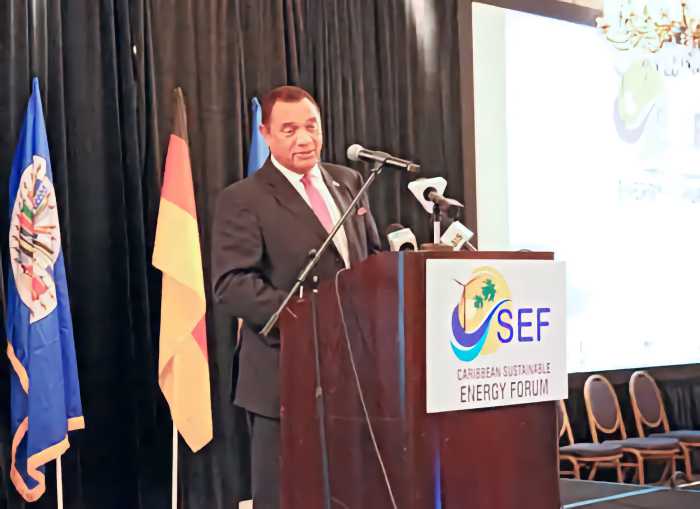Expressing strong concern regarding the indefinite postponement of the final round of elections in Haiti – scheduled for Dec. 27 but postponed, for the second time, to Jan. 24 – the United Nations Security Council has reiterated its condemnation of any attempt to destabilize the electoral process.
The Security Council on Friday, therefore, urged all parties and political actors to refrain from violence, expressing concern that the delay in elections may undermine Haiti’s ability to address the security, economic and social challenges it faces.
As such, the council strongly encouraged the executive, the parliament and the relevant political actors to come to an agreement by Feb. 7, “providing a Haitian-led and owned roadmap for the swift conclusion of the current electoral cycle to allow the Haitian people the opportunity to vote for their elected representatives in a free, fair, inclusive and transparent contest.”
The members of the Council commended the UN Stabilization Mission in Haiti (MINUSTAH) and the Haitian National Police for their efforts to contain the violence and protect the civilian population.
Reiterating strong condemnation of any attempt to destabilize the electoral process, in particular by force, the Council urged all candidates, their supporters, political parties and other political actors to “remain calm, refrain from unlawful violence or any action that can further disrupt the electoral process and political stability, resolve any electoral disputes through established legal mechanisms, and to hold those responsible for such violence accountable.”
In addition, the Council welcomed continued efforts of the UN, other multilateral agencies, regional organizations, and UN Member States in “supporting Haiti’s critical needs.”
“Council members expressed their intention to continue to follow closely the situation in Haiti,” the statement said.
Meantime, the Washington-based Organization of American States (OAS) said on Friday that its Special Mission to Haiti will arrive in Port-au-Prince, the Haitian capital, on Sunday, rather than on Friday.
The OAS said the Mission will be headed by the chair of the OAS Permanent Council Representative of Antigua and Barbuda, Sir Ronald Sanders.
The Mission will also include Leonidas Rosa Bautista, permanent representative to the OAS, former Foreign Minister and Attorney General of Honduras; Sonia Johnny, former permanent representative of St. Lucia to the OAS; Gabriel Bidegain, principal political adviser to the Secretary General of the OAS; and Steven Griner, director of the Department of Democratic Sustainability and Special Missions of the OAS.
They will be supported by Frederic Bolduc, special representative of the OAS Secretary General in Haiti, the OAS said.
It said the Mission, requested by the President of Haiti, Michel Martelly, and established by the Permanent Council in its meeting on Thursday, “aims to collaborate in reaching an understanding among Haitians following the recent suspension of the second round of presidential elections.”
To that end, the OAS said the Mission will “establish a dialogue with the main political and social representatives in Haiti.”
The Secretary General of the OAS, Luis Almagro, said the solution “must be agreed by Haitians,” asking President Martelly and the President of the Senate Jocelerme Privert that “the mechanism of government adopted at the conclusion of the mandate of President Martelly on Feb. 7 be endorsed by the Supreme Court and that it remain in place as short a time as possible.”



























